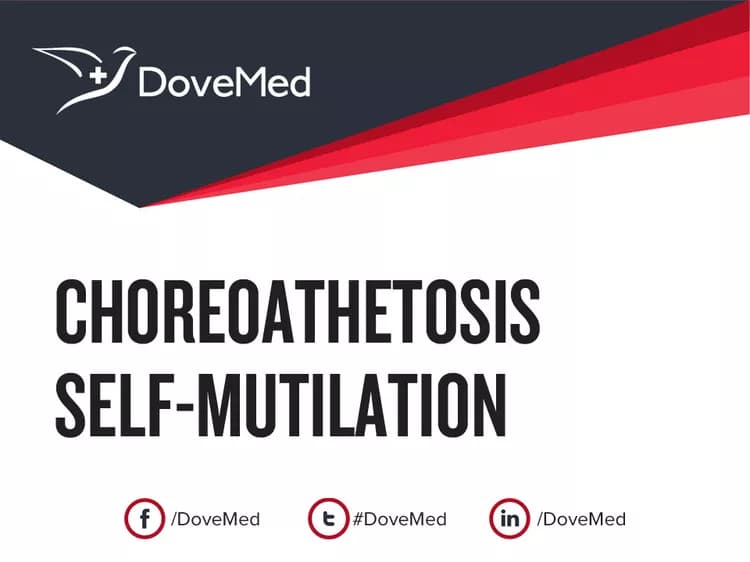The topic Choreoathetosis Self-Mutilation Syndrome you are seeking is a synonym, or alternative name, or is closely related to the medical condition Lesch-Nyhan Syndrome.
Quick Summary:
- Lesch-Nyhan Syndrome (LNS) is a rare genetic condition characterized by high uric acid levels in the affected individuals. Barring some rare instances, the disease singularly affects males
- Lesch-Nyhan Syndrome is a genetic disorder, and therefore, a positive family history of LNS and being a male, are the risk factors for being diagnosed with the disorder
- Mutations in the HPRT1 gene are responsible for the disorder. The gene codes for an enzyme called hypoxanthine phosphoribosyltransferase 1. This enzyme catalyzes the recycling of purine nucleotides (building blocks for DNA and RNA). The gene mutation leads to enzyme deficiency and impaired recycling of purines, which results in the accumulation of uric acid in the body
- The condition is inherited in an X-linked manner. In this type of inheritance, the genetic mutation is carried on the X chromosome, leading to the manifestation of disease symptoms only in males, since only males carry an X chromosome
- In the affected individuals, the HPRT1 gene mutation also causes deficiency in the neurotransmitter dopamine. Thus, the symptoms observed in those with Lesch-Nyhan Syndrome reflect excess uric acid accumulation as well as dopamine deficiency
- The signs and symptoms of Lesch-Nyhan Syndrome include formation of kidney and bladder stones, joint pain, movement disorders, reduced muscle tone, muscle weakness, actions of self-injury (such as biting oneself and banging one’s head on hard surfaces), vomiting, inability to reach developmental milestones, and decreased intellectual ability
- The diagnosis of Lesch-Nyhan Syndrome requires information from a physical examination, family medical history, assessment of symptoms, blood and urine test to check for uric acid, blood or tissue testing for hypoxanthine phosphoribosyltransferase 1 enzyme activity, and genetic testing for HPRT1 mutation
- Formation of kidney and bladder stones, severely hampered movements, gout, and impaired intellectual ability are some potential complications that could arise in individuals with Lesch-Nyhan Syndrome
- Treatment for the condition is often geared toward addressing individual symptoms. Hence, excess uric acid is controlled by medication. Kidney and bladder stones may be removed using stone dissolving procedures, such that smaller stones are able to pass through urine. Behavioral changes may be addressed with medication and physiotherapy may be required to help individuals with movement disorders
- Since Lesch-Nyhan Syndrome is a genetic condition, currently there are no guidelines or methods available to prevent the condition from developing. Genetic testing of prospective parents and genetic counselling may help them understand LNS better
- The prognosis of Lesch-Nyhan Syndrome is guarded; few affected individuals are able to reach the age of 40 years. Many of them succumb to the disorder between the ages of 20 and 30 years
Please find comprehensive information on Lesch-Nyhan Syndrome regarding definition, distribution, risk factors, causes, signs & symptoms, diagnosis, complications, treatment, prevention, prognosis, and additional useful information HERE.
Related Articles
Test Your Knowledge
Asked by users
Related Centers
Related Specialties
Related Physicians
Related Procedures
Related Resources
Join DoveHubs
and connect with fellow professionals


0 Comments
Please log in to post a comment.